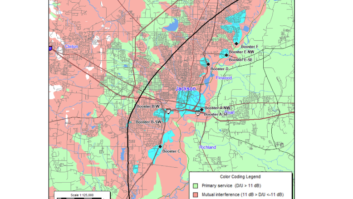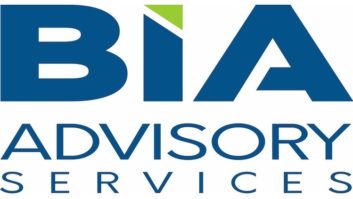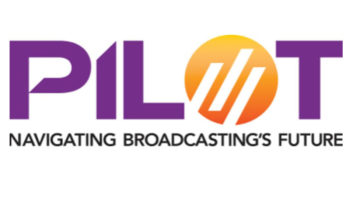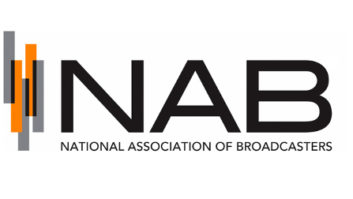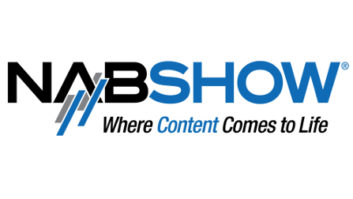The developer of ZoneCasting claims the National Association of Broadcasters and state broadcasters’ organizations are making a “concerted effort to eliminate opportunity for small broadcasters in radio.” The technology in question, which is currently being considered by the FCC for use in the Untied States, would allow radio broadcasters to use FM boosters to geo-target content.
GeoBroadcast Solutions is now rebutting claims made by NAB in a June “issue paper,” in which NAB “vehemently opposes” the adoption of ZoneCasting.
Among NAB’s arguments: “GBS is pressing the FCC to approve a policy that would undermine local radio by splintering broadcast markets across the country.”
NAB makes five points in the paper for why it opposes the GBS proposal. A collection of state broadcasters’ associations made similar assertions in comments filed with the FCC this week, expressing concerns about public safety, the potential harm to women and minority-owned stations and what it calls the “devastating economic impact on the radio industry.”
For its part, GBS says it is asking the FCC to make a modest rule change to “allow the broadcast radio industry to choose on a voluntary basis to deploy 21st century technology to compete and recover lost revenue by airing geo-targeted programming, including emergency alerts, news and advertising.”
[Related: “NJBA Calls ZoneCasting an “Equipment Peddling Scheme”]
The ZoneCasting system, which utilizes a series of FM boosters to geo-target content within a radio station’s primary signal for a small fraction of the broadcast hour, requires changing the FM booster rule to allow them to originate programming.
GBS, which has field tested the ZoneCasting technology using experimental FM booster operations at KSJO(FM) in San Jose, Calif., and WRBJ(FM) in Brandon, Miss., says NAB has switched sides, having first been in favor of geo-targeting content.
The ZoneCasting developer responded this week to what it calls “misleading statements” by NAB. Radio World shares GBS’ replies to NAB’s claims in their entirety:
NAB CLAIM: It could limit emergency information.
FACT: Extensive testing establishes that the EAS works just as it should. The Emergency Alert System (EAS) will function as well or better for radio stations opting to use geo-targeting technology. In response to FEMA’s filing asking about EAS performance from Feb. 2021, the EAS system was tested robustly in two different markets deploying geo-targeting technology over past nine months and it seamlessly passes through alerts just as designed. In fact, because of the way the geo-target technology works, station signal coverage is improved during all on-air hours to increase the dissemination of EAS messages to more listeners.
NAB CLAIM: It will divert information from less affluent neighborhoods.
FACT: It will not. The FCC specifically prohibits local radio stations from conducting advertising that is discriminatory and all licensees must affirmatively state they do not discriminate in their advertising in their license renewals. No radio station owners want to risk their license and especially not about something as important as not discriminating in any form. Local radio operators seek to serve their audiences and advertisers with a competitive service. In addition to the FCC prohibition against discriminatory advertising practices on local radio stations, it makes no sense to think any radio station would not offer their advertising services to willing buyers.
[Related: “ZoneCasting Generates More Contention“]
NAB CLAIM: It will upend the advertising market.
FACT: On the contrary, it will make local radio more relevant and competitive in the advertising market. The ability to geo-target content for a part of each broadcast hour offers local radio operators the option to be more relevant in a market where every other local ad-supported media offers geotargeted ads and content. Geo-targeted ad inventory has been available for years and years in local media with the exception of local radio. While the FCC prohibits local radio stations from over-the-air geo-targeting, it supports this same capability for local TV stations. Local radio stands alone in not being able to geo-target content.
As for causing rates to plummet, again all market evidence points to the contrary. Local radio stations can look to their own digital ad sales where they nearly certainly offer geo-targeted ad inventory. Geo-targeted ad inventory with widely used yield management and revenue optimization systems increase overall revenues.
NAB CLAIM: It particularly hurts small and minority-owned stations.
FACT: That message is being delivered by iHeart, Audacy [and] Cumulus. Does anyone really think they are focused on the best interest of small and minority-owned stations? As opposed to protecting their own self-interest. Think about who does support this innovative technology. Small and minority-owned stations and their supporters including NABOB, MMTC and leading members of Congress see a path to greater economic opportunities for these stations to compete more effectively with bigger radio companies and digital media. Leading voices representing and advocating for diverse communities including NABOB, MMTC, leading members of Congress firmly committed to minority ownership and advancement have spoken clearly and powerfully in the FCC record to ask for this rule change to allow geotargeted content to increase the competitiveness and relevance of this important segment of the local radio market.
NAB CLAIM: It will cause interference for radio listeners.
FACT: Extensive testing has shown that is not true, and common sense reinforces it. It will not cause interference for radio listeners. Robust, transparent, and publicly documented field demonstrations of the current geo-targeting technology are in the FCC record. The bottom line from one of the most respected engineering firms in operation is, “there is no technical reason to not adopt this rule change.” Moreover, a broadcaster has every incentive and ability to design a system so that it does not cause any problems for its audience.





